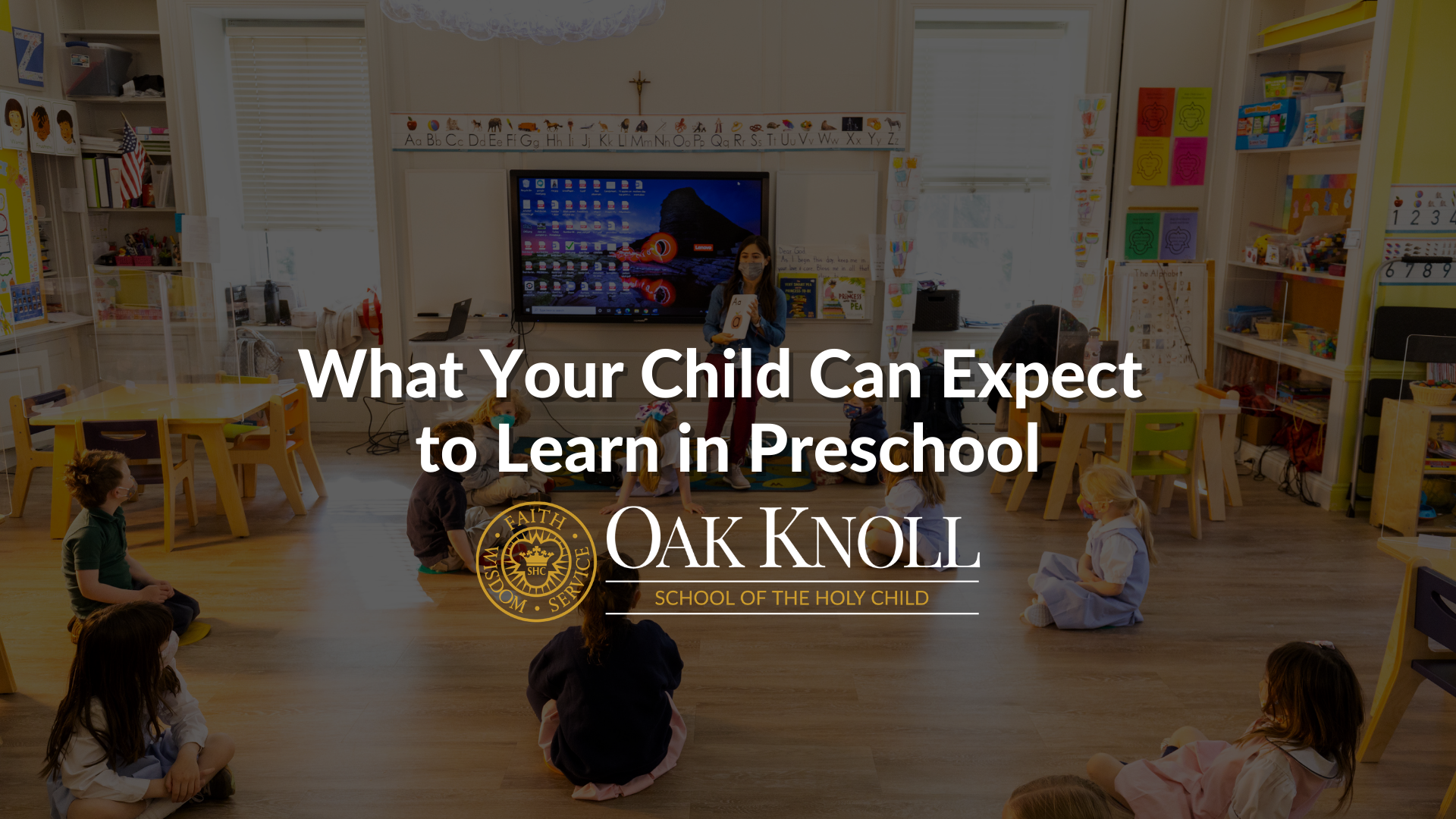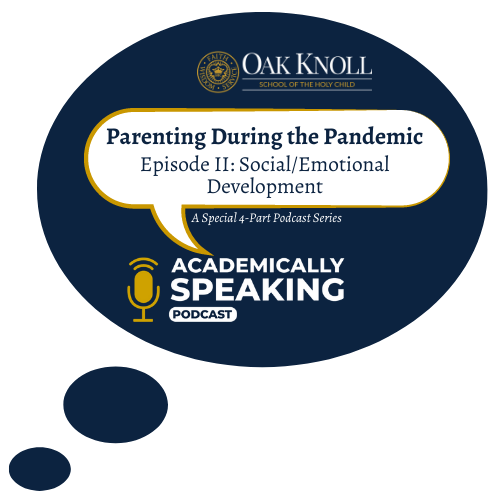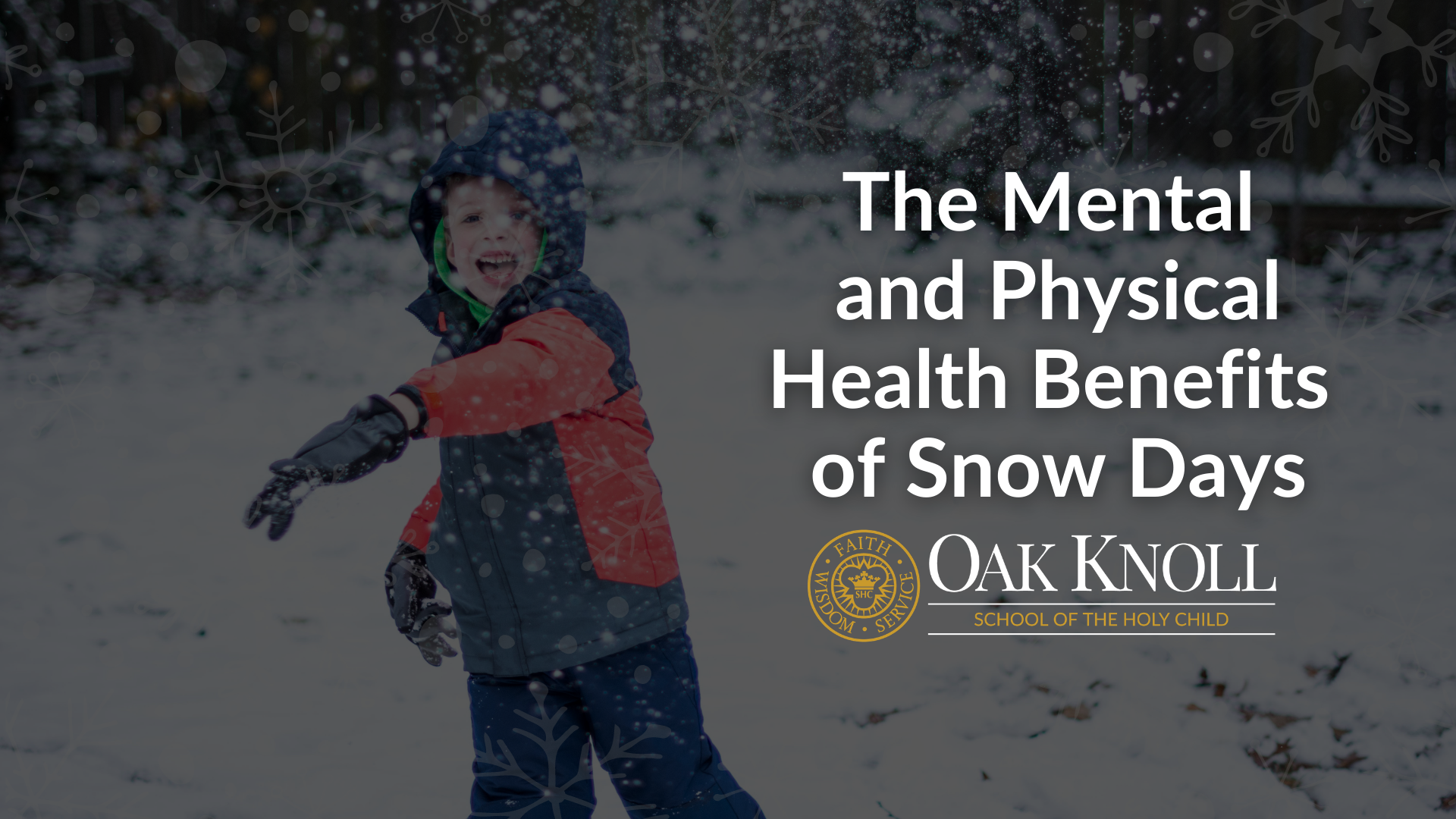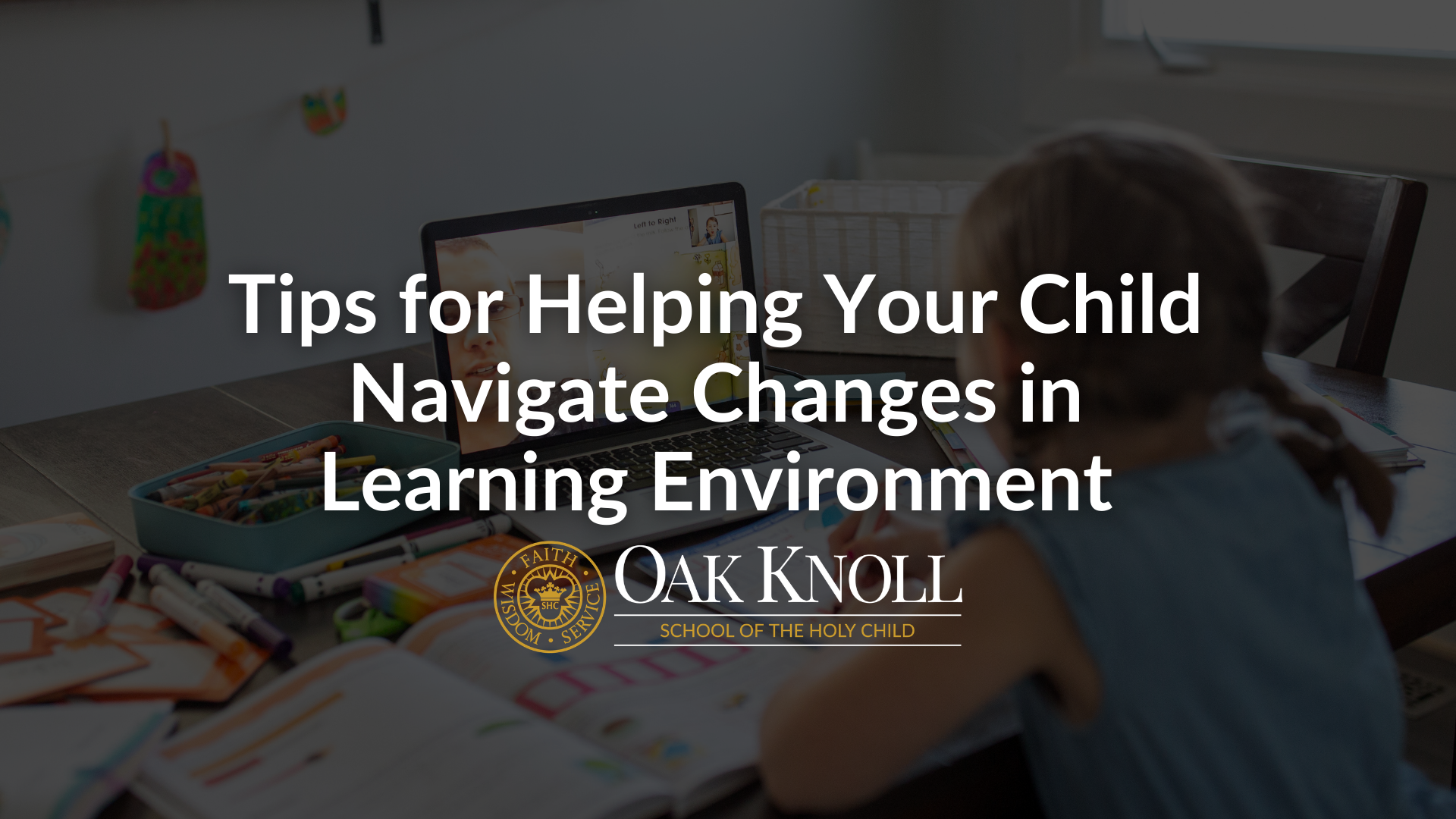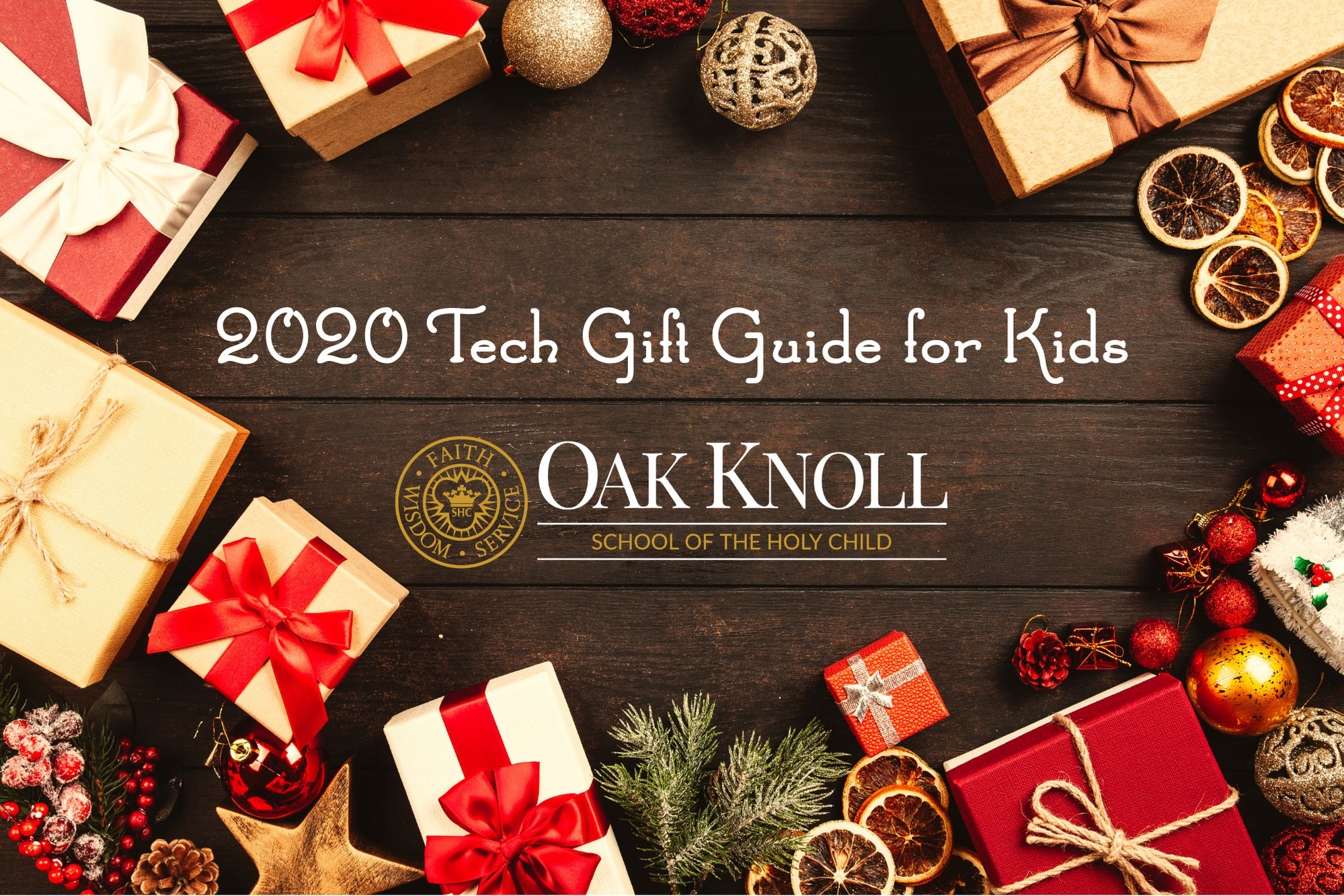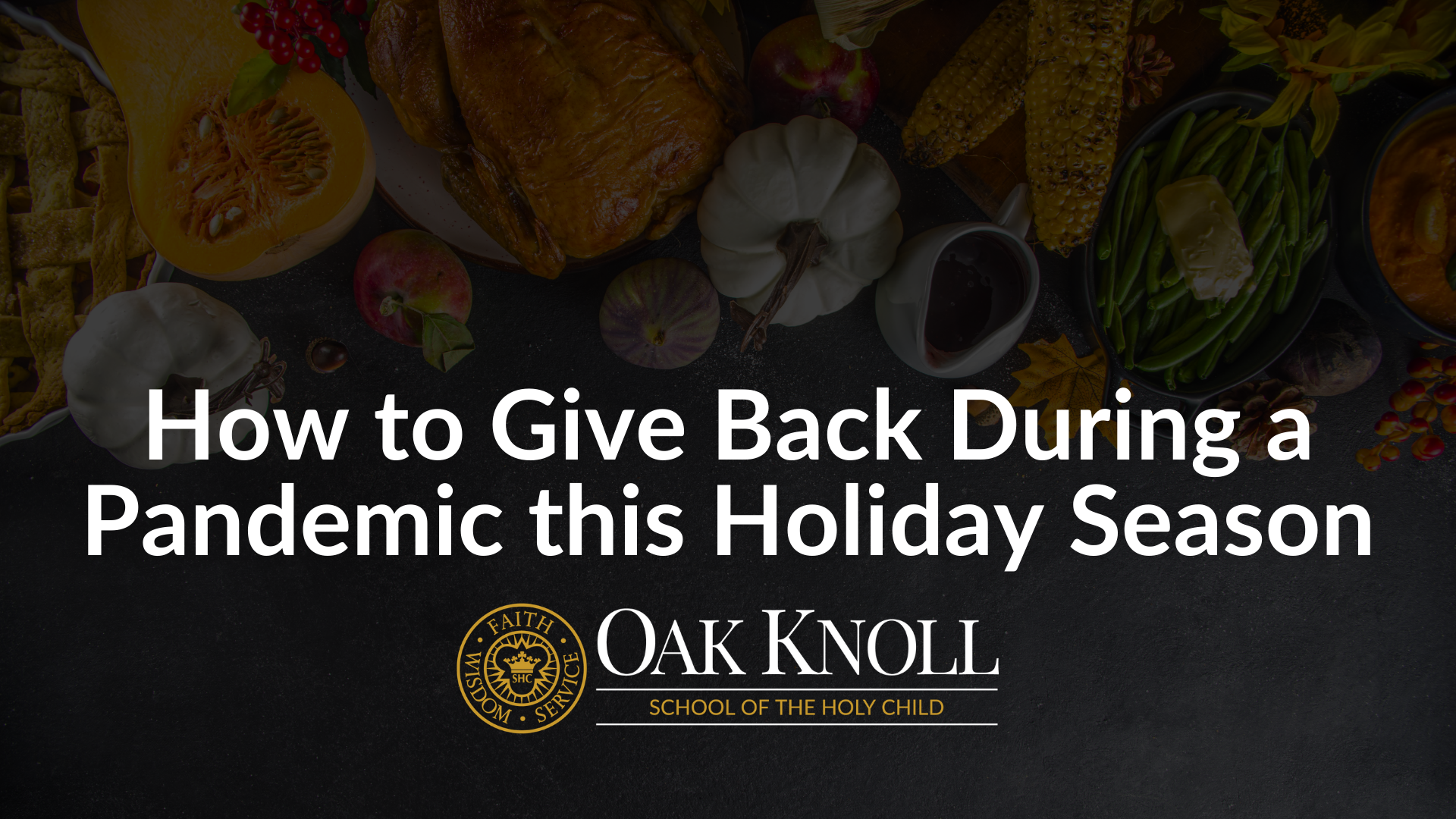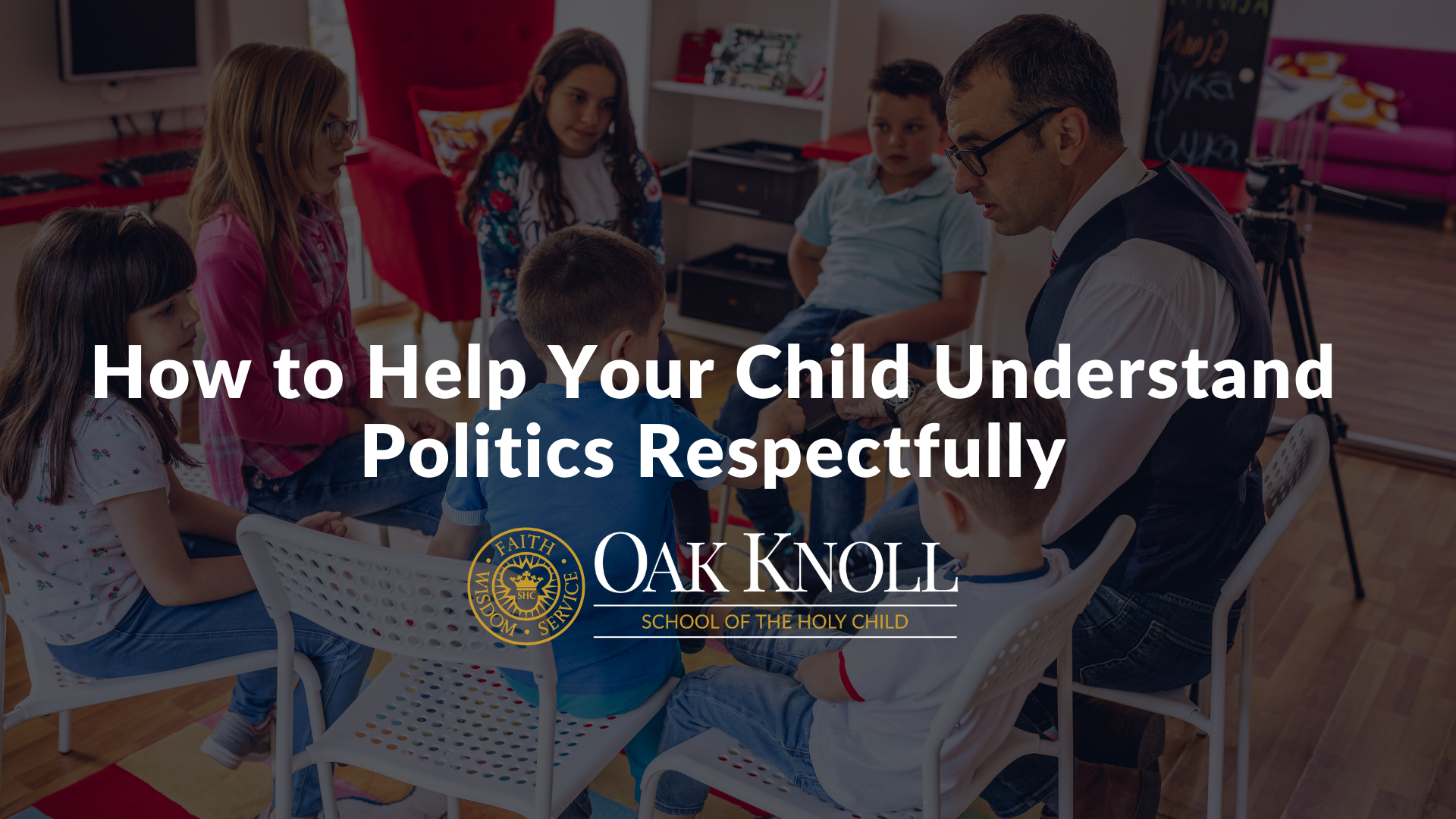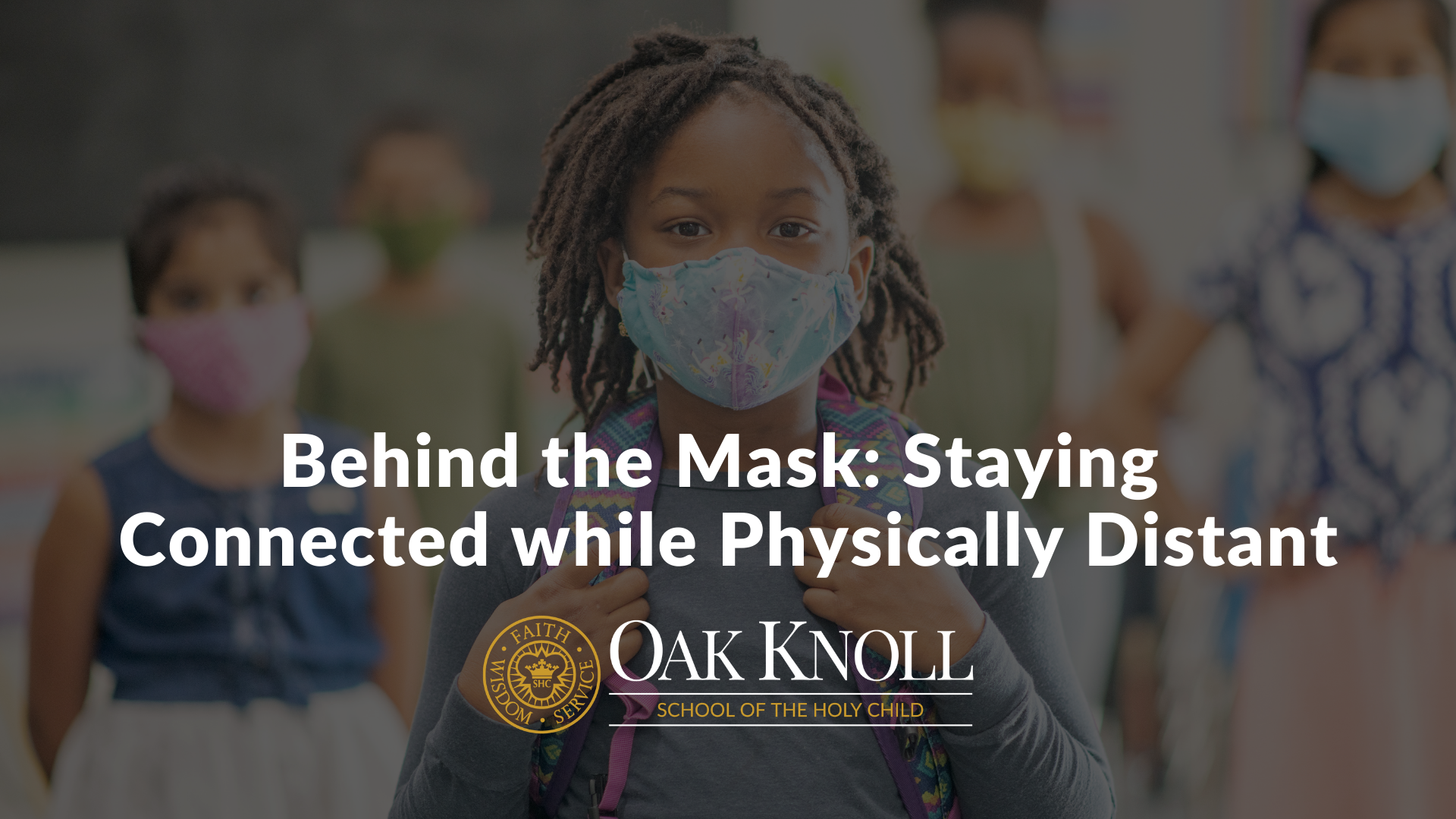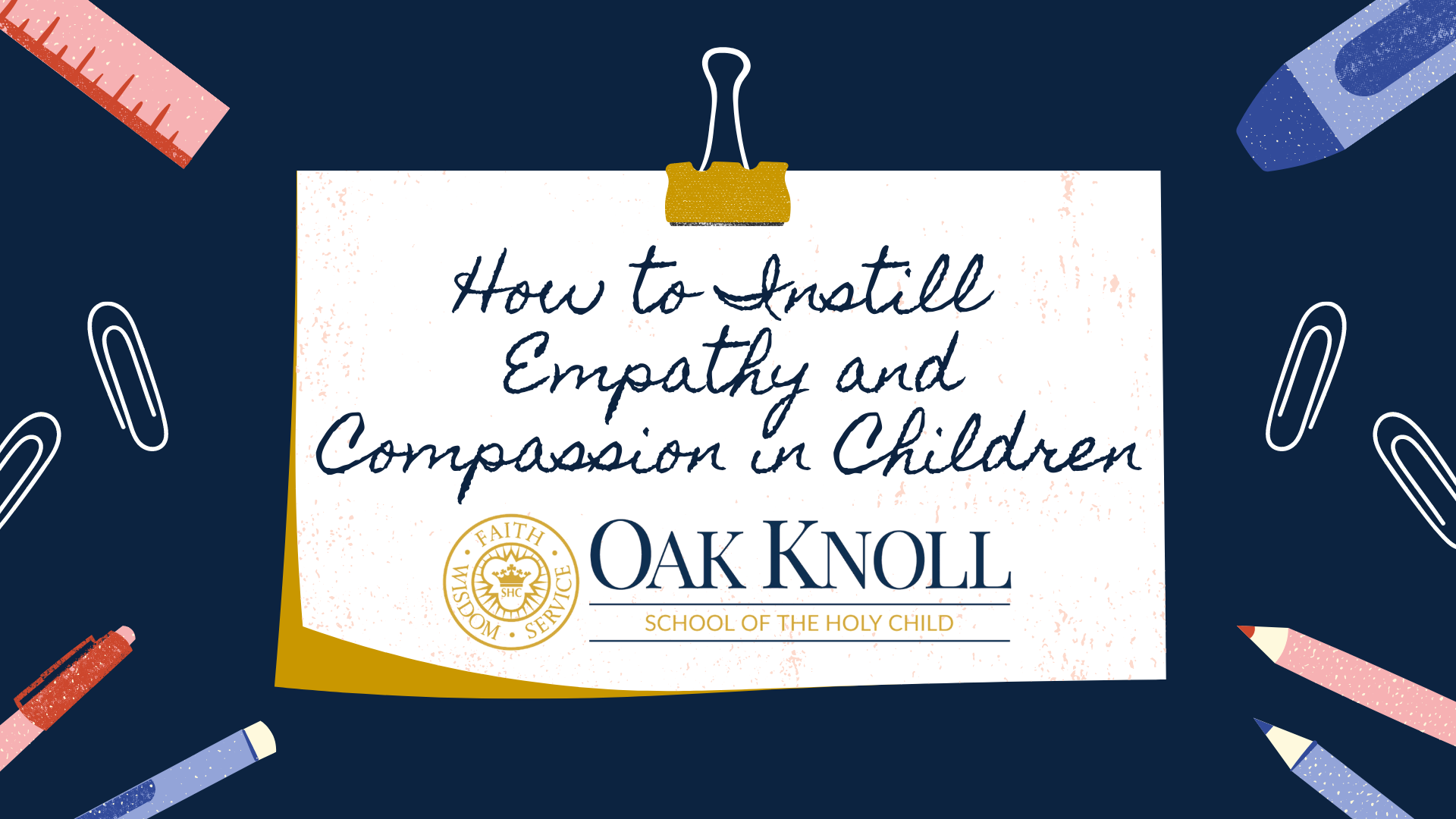Entering a new school in second grade was nerve-wracking — an experience that I’m sure a lot of new students can relate to. How long would I last here? Who would I make friends with? Little did I know that, at Oak Knoll, these questions would be the least of my worries and I’d actually be preparing myself for some amazing memories. As I now write this as a graduating senior, I want to share some of the lessons I learned along the way. Here are some of my biggest takeaways from the best 10 years of my life.
What My 10 Years at Oak Knoll Have Taught Me
Topics: high school, elementary school, middle school, student advice
The passage of time is something that most parents wish they could freeze. Before you know it, your peaceful, sleeping infant in the car seat starts to develop their own, unique, and independent personality.
It’s generally not until after age 2 that children begin to gain independence and show interest in exploring the world around them– two key markers that your child could be ready to start preschool. (Here are other markers to help determine if the time is right to start your child in a preschool program).
By the time your little one walks out of the house for that milestone first day of preschool, their brains are already functioning as sponges, soaking in stimuli and the world around them. In fact, between birth and three years of age, the human brain increases to 80 percent of its adult size. Enrolling your child in a preschool program boosts learning and development during this important window of time.
Young children are exposed to new experiences and opportunities in preschool. Here is what your child can expect to learn after you drop them off (hopefully without tears!) at their new preschool.
Topics: elementary school, pre-kindergarten, pre-K, preschool ready
Podcast: Addressing Social and Emotional Needs During COVID-19
In episode 10 of the Academically Speaking podcast, Laura Perillo — Oak Knoll's Marketing Content Strategist — sat down with Dr. Jennifer Butler-Sweeney, Upper School psychologist, who talks about tactics parents can use to address the social and emotional impact of COVID-19 on middle and high school students. This is the second in Oak Knoll's special four-part parenting series, Parenting During the Pandemic.
Topics: high school, elementary school, parenting, middle school, social and emotional learning, mental health, development, podcast
The Mental and Physical Health Benefits of Snow Days
What would childhood be like if you’ve never put a spoon under your pillow, flushed ice cubes down the toilet or put on your pajamas inside out the night before a winter snowstorm?
A true milestone of growing up is the ever-so-coveted snow day – the gift that all children angst for each winter when that first hint of snow is detected in the forecast.
While skipping school for the day is the most immediate and best part of a snow day for most children, there are many other hidden mental and physical health benefits associated with snow days. Considering our current pandemic situation, snow days are more important now than ever before.
Topics: high school, elementary school, parenting, middle school, social and emotional learning, mental health
Tips for Helping Your Child Navigate Changes in Learning Environment
With the New Year here (finally!) and school back underway after the holidays, the toggle between children learning in-person (full or half-day) to learning virtually from home can be stressful and confusing for families.
While we’d all like to get back to pre-COVID days, unfortunately, the virus is still hanging around. As a result, it has caused many schools to pivot back-and-forth between teaching children in the classroom and virtually at home with little notice.
With the school juggle this year still very volatile, we have some helpful tips for families to help ease your children into this new way of learning.
Topics: high school, elementary school, parenting, middle school, tips, COVID-19, virtual learning
Extra, extra, this just in! We intercepted an important letter (really, tiny handwriting, actually) here at OKS from Bernard, the Chief Technology Elf at the North Pole! He accidentally forwarded our school’s Marketing and Communications office a top secret letter that was indented for Santa!
We could not wait to share this hot off the presses from the elf factory. We don’t want you to miss out on this important holiday information – the best technology gifts of 2020. Hint, hint: Black Friday is coming!
Topics: technology, christmas, elementary school, middle school
How to Give Back During a Pandemic this Holiday Season
As the cooler months arrive and with the holidays on the mind, many families start discussions within their own homes about what they are thankful for and how to serve the most vulnerable in their communities. In fact, statistics say that 30 percent of annual giving occurs in December and 10 percent occurs on the last three days of the year.
Although parents, caregivers and schools should be discussing ways to give back to others all year long, here are some helpful ways to serve others this Holiday season, while safely navigating COVID-19.
Topics: christmas, elementary school, community service, lower school, middle school, thanksgiving, COVID-19
How to Help Your Child Understand Politics Respectfully
Undoubtedly, there has never been a more turbulent election year. As the country still wades through the lasting effects of the COVID-19 pandemic and amid racial and ethnic inequities still piling onto structural racism, this election runs deep – and differently – for everyone.
Children, in fact, can pick up on political banter and news soundbites, often leaving them unsure about what they are hearing or about what it means.
It is important that parents and educators provide children the tools they need to understand politics respectfully, and age appropriately.
Here are some helpful tips on how to help your children understand politics respectfully.
Topics: election, teaching, high school, elementary school, parenting, middle school, politics
Behind the Mask: Staying Connected while Physically Distant
This fall, parents who were able to send their children into the classroom – whether a full day or via hybrid model – lined up their children’s backpacks and pencil cases the night before their first day of classes. Also sitting among that pile of new school supplies was 2020’s newest necessity required for in-person school days – a mask.
While the CDC requires that masks be worn this fall while in the classroom and out in public to help keep COVID-19 at bay, this new normal does not arrive without its challenges.
One of the biggest challenges with mask-wearing is that faces are covered, therefore making social cues less reliable and sometimes difficult for children to interpret.
With the school year well underway, here are some helpful tips on how teachers and children can connect with one another when faces are not fully visible.
Topics: teaching, elementary school, social and emotional learning, Coronavirus
How to Instill Empathy and Compassion in Children
Raising kind and compassionate children is inevitably one of the most – arguably the most – important tasks that parents and caregivers are responsible for. Of course, parents want their children to do well in school, get involved in activities and make friends, but the foundation to raising a kind human being all boils down to the basic of principals – teach your children to become empathetic and compassionate toward others.
This, however, does not happen overnight. In fact, it takes a lot of practice. But the process can start when children are young. Between the ages of 6-9 months, infants focus on parents’ reactions to social events and mimic them to learn how to operate in a social world. Between 18-24 months, toddlers begin to develop their own theories about the way the world works by attributing thoughts, feelings and intention to others and themselves.
So, how can you instill empathy and compassion in children? Melissa Nelson, Oak Knoll's Lower School Guidance Counselor, says there are several ways parents and caregivers can model and guide, starting when they are very young:
Topics: elementary school, lower school, parenting, social and emotional learning




